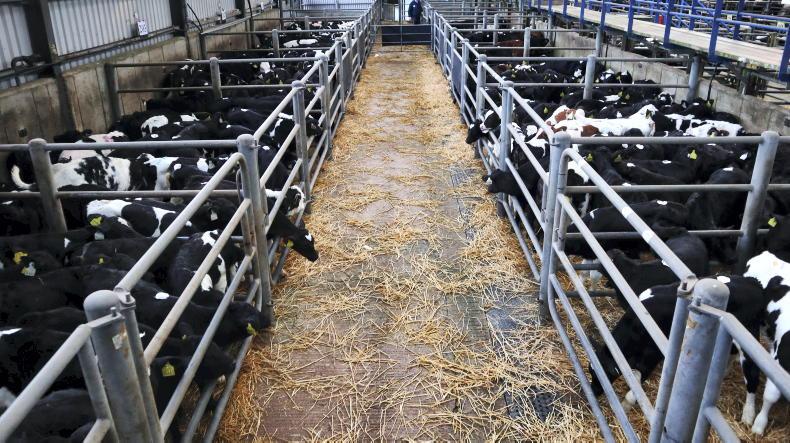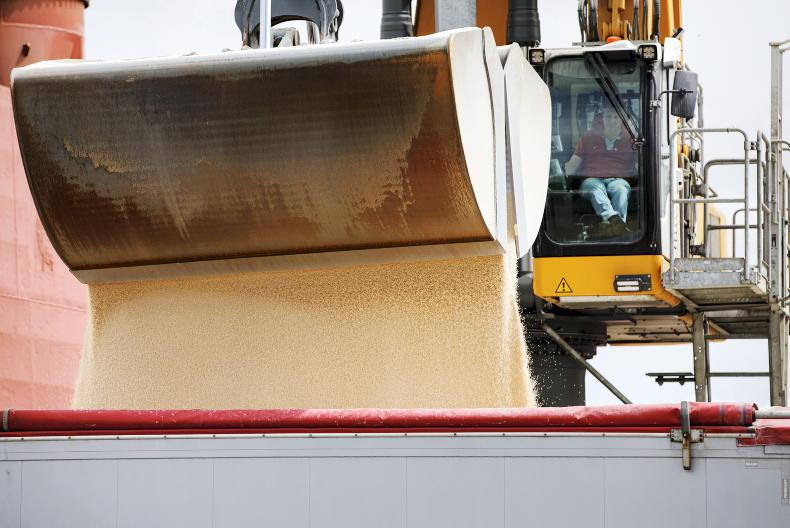Farmers in NI should not make immediate changes to their succession plans in the wake of last week’s Autumn Budget, an agricultural law expert has advised.
“Take no kneejerk reactions. Don’t be running in and signing everything over to your children just yet,” said Peter Brown from the Agricultural Law Association.
The seismic changes to agricultural property relief (APR) for inheritance tax will see a tax-free threshold of £1m, with a 20% tax rate applying to the value of assets after that.
Seventeen months
Speaking at a UFU meeting in Limavady on Monday, Brown highlighted that the changes will not come into effect until April 2026, which is almost 17 months away.
“Nobody has worked up bespoke solutions to this. Everyone I have spoken to has said it is going to take several weeks to figure out what is the best way to react to this,” he said.
In particular, Brown urged caution with signing farms over to a successor to avoid inheritance tax at the point of death, as the move can have other implications.
This includes if the new owner falls into financial difficulties, has a marriage breakdown, or dies unexpectedly themselves. “Every solicitor has cases like this,” Brown said.
Another key consideration for so called “lifetime gifts” is the potential for capital gains tax issues to arise in certain cases.
Holdover relief is available for agricultural property which can allow capital gain tax bills to be deferred if a farm is signed over during the previous owner’s lifetime.
“There is another budget between now and April 2026. If they get away with this (APR changes), then I wouldn’t be surprised if holdover relief on agricultural property goes too,” Brown suggested.
The so-called “seven-year rule” still applies, so inheritance tax can still be due if the previous owner dies within seven years of giving away their estate.
Companies and trusts
Putting farmland into a limited company is an option in some cases to help gradually transfer land across generations to avoid inheritance tax, although Brown said stamp duty issues can arise instead.
Similarly, putting agricultural property into a trust was described as “a possible vehicle” but charges apply which can make this option less viable in many instances.
“Tax considerations are obviously important, but they should not be the sole or even principal driver of business decisions. Perspective should be maintained so that the tax tail does not wag the dog,” Brown said.









SHARING OPTIONS